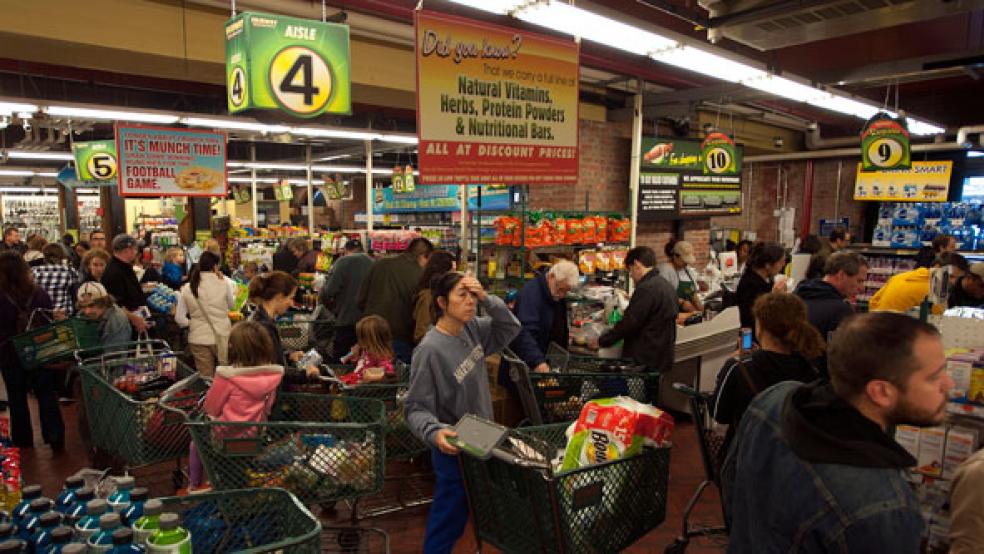The El Niño climate phenomenon is almost certain to last through the Northern Hemisphere summer, the U.S. weather forecaster said, raising the chance of heavy rain in the southern United States as well as South America, and scorching heat in Asia that could devastate crops of thirsty food staples like rice.
El Niño also reduces the likelihood of a busy hurricane season, which lasts from June to November and can disrupt energy operations in the Gulf of Mexico.
In its monthly report released on Thursday, the National Weather Service's Climate Prediction Center (CPC) said El Niño, a phenomenon which warms sea-surface temperatures in the Pacific, had a 90 percent likelihood of continuing through the summer. In April it estimated the odds at 70 percent.
El Niño conditions will likely last through the end of the year, the CPC said, pegging the chance at 80 percent.
Related: The 17 Best Supermarkets in America
"[El Niño]'s definitely upon us and it should remain so for the next few months," said Don Keeney, a meteorologist with Maryland-based MDA Weather Services.
A strong El Nino last appeared in 2009-2010 and resulted in significant spikes in sugar, cocoa and wheat prices.
If a strong El Niño does develop the likely U.S. impacts include wetter conditions across the southern U.S., from drought-stricken California through Texas to Florida, said Jeff Masters, a meteorologist for Weather Underground.
Recent rains across the central and southern Plains and reaching as far as southern California "could be seen as a sneak preview," he wrote on his blog.
But the El Niño effect did not guarantee drought relief for the Golden State, he said. "The strong El Niño of 1987-88 ... produced a drier-than-average winter from California to Washington," he wrote.
Related: The 15 Worst Supermarkets in America in 2015
While El Niño tends to suppress hurricane formation, that does not necessarily rule out a powerful storm, Masters added, citing "the anemic 1992 season" which included the catastrophic Hurricane Andrew which struck South Florida.
Forecasters have already predicted a below average Atlantic hurricane season.
Thursday's report helped cocoa futures prices move higher due to prospects for drier weather in top-growing region West Africa, said Nick Gentile, managing partner of NickJen Capital in New York.
The CPC report said that by early May weak to moderate El Niño conditions were reflected across the equatorial Pacific.
The CPC said there was still "considerable uncertainty" about the potential strength of the event.
Top Reads From The Fiscal Times:

